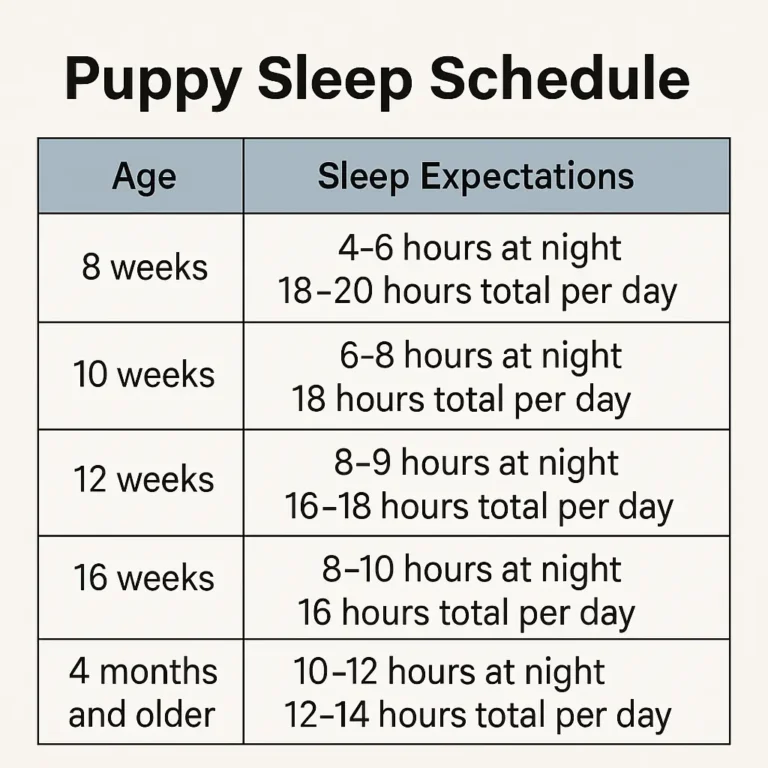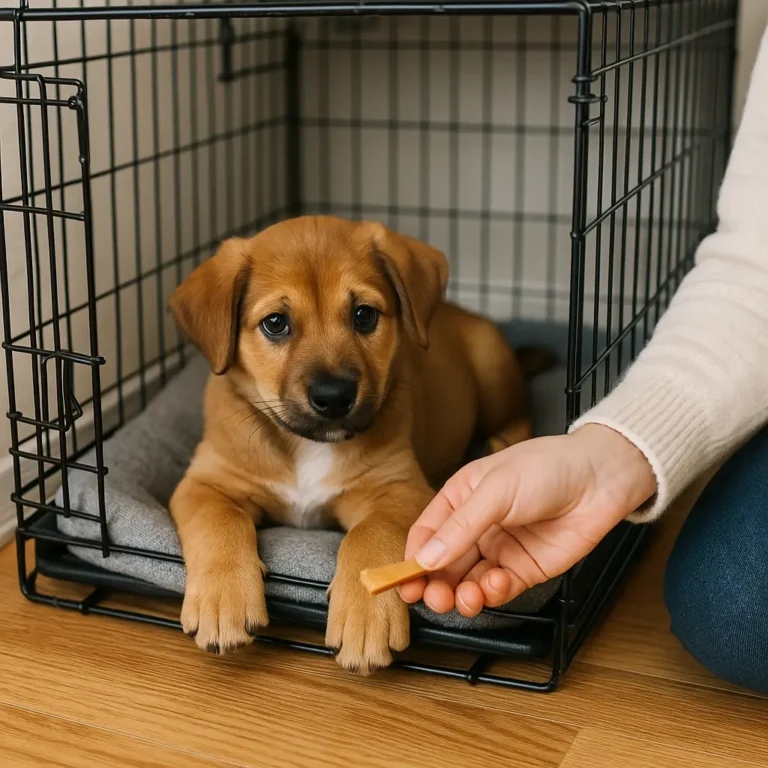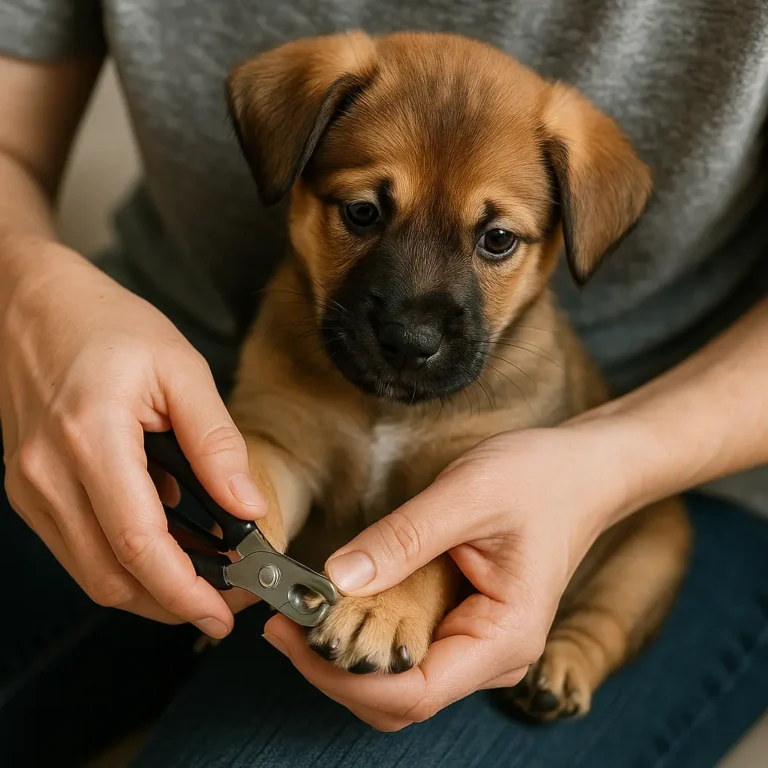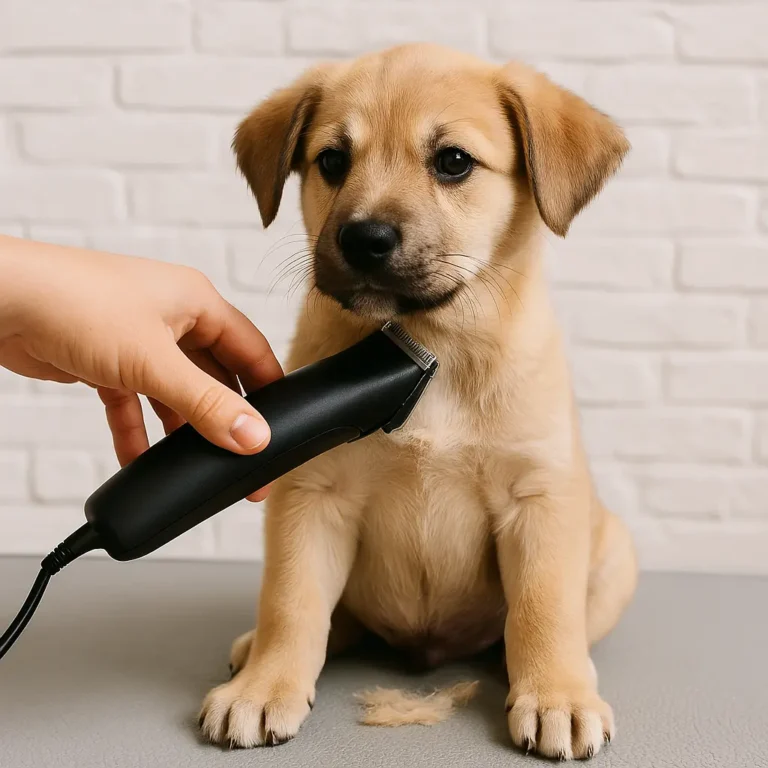French Bulldog
French Bulldog: Your Ultimate Guide to This Lovable Companion
The French Bulldog, affectionately known as the Frenchie, is one of the world’s most popular dog breeds, adored for its endearing appearance, sociable temperament, and compact size. Originally bred as a companion dog, the French Bulldog stands out with its distinctive bat ears, expressive eyes, and charming wrinkles. These traits, combined with their friendly, adaptable, and playful nature, make them exceptional pets for families, singles, first time owners and seniors alike. Perfectly suited for apartment living and urban environments, Frenchies require only moderate exercise, thriving best with indoor living and climate-controlled environments due to their respiratory sensitivities. Easy to groom and maintain, the French Bulldog quickly bonds closely with its human family, offering affectionate companionship and unwavering loyalty. Prospective owners should prioritize responsible breeding, balanced nutrition, and regular veterinary care to maintain their optimal health and well-being. With proper love and attention, the French Bulldog becomes a cherished member of any household, providing joy daily.
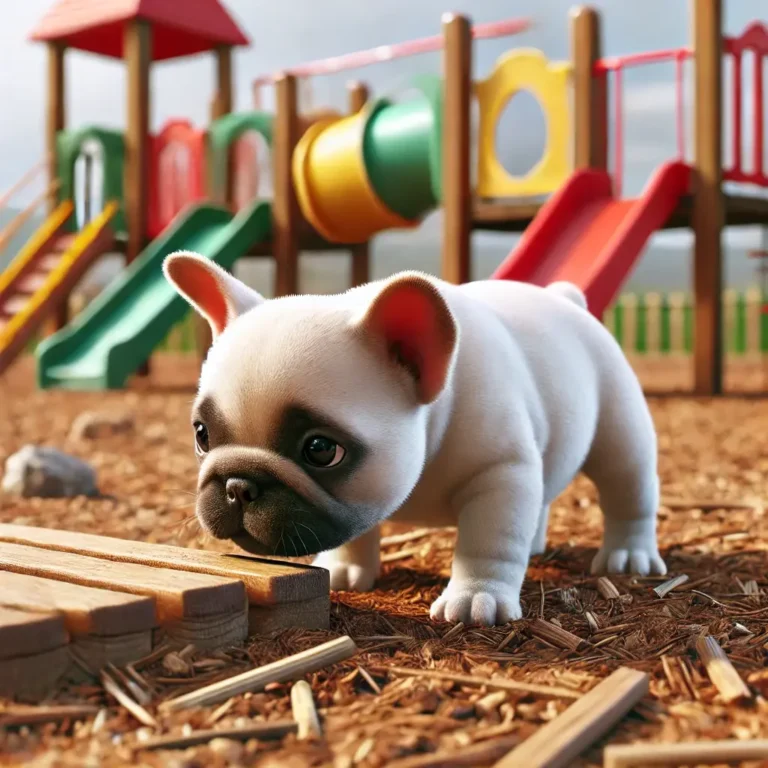
Caring for Your French Bulldog Puppy
French Bulldog puppies, irresistibly adorable and playful, quickly win hearts. Early socialization fosters confidence, encouraging positive interactions with humans and other animals. Puppies need balanced nutrition, regular veterinary visits, gentle obedience training, and routine grooming, particularly around their facial wrinkles. Their respiratory sensitivity necessitates temperature-controlled environments and moderate physical activity. Providing safe chew toys supports healthy teething and curbs destructive behaviors. Establishing consistent daily routines early helps reinforce positive behaviors, emotional stability, and good manners. Shower your French Bulldog puppy with patience, affection, and attentive care, ensuring they mature into loving, well-behaved, and sociable family companions perfectly suited to your lifestyle.
Breed Traits
French Bulldogs feature compact size, distinctive bat ears, friendly temperament, moderate energy, sociability, adaptability, minimal grooming needs, affectionate nature, and suitability for apartment living and urban family environments comfortably.
French Bulldogs generally live approximately 10 to 12 years. Routine veterinary care, responsible breeding practices, balanced nutrition, appropriate grooming, and moderate exercise significantly enhance their health, comfort, and longevity potential.
Adult French Bulldogs typically stand between 11 to 13 inches at the shoulder. Their small stature makes them ideal companions, perfectly suited for city dwellers, apartments, and smaller family households comfortably.
Mature French Bulldogs usually weigh from 16 to 28 pounds. Maintaining proper nutrition, routine veterinary check-ups, and moderate physical activity helps keep their optimal weight, ensuring overall health and vitality.
French Bulldogs thrive best in indoor, climate-controlled environments. Sensitive to temperature extremes—especially heat—they require cool conditions to ensure daily comfort, optimal health, and overall well-being consistently.
Breed Characteristics
Renowned for their compact bodies, charming bat ears, friendly and affectionate temperament, sociability, moderate energy, adaptability, and minimal grooming needs, French Bulldogs are excellent companions for diverse family lifestyles.
French Bulldogs excel as family pets, demonstrating patience, gentle interactions, affectionate nature, and playful companionship with both adults and children, fostering positive emotional connections and harmonious relationships daily.
French Bulldogs possess muscular, compact builds, distinctive bat-shaped ears, short noses, expressive eyes, charming facial wrinkles, short legs, and smooth coats, significantly enhancing their uniquely appealing, adorable appearance.
Highly sociable and affectionate, French Bulldogs enjoy human companionship. Early socialization encourages friendly interactions with new people, animals, and various environments, cultivating adaptable, loving, and well-rounded family pets effortlessly.
French Bulldogs are beloved for their affectionate, gentle, playful, and loyal personalities. Their friendly, adaptable nature ensures comfortable integration into diverse family dynamics, enhancing household harmony and daily companionship significantly.
Training Your French Bulldog
Training French Bulldogs requires patience, consistency, and positive reinforcement methods. Intelligent but occasionally stubborn, Frenchies respond best to short, rewarding sessions using praise, treats, and gentle correction. Early obedience training, leash manners, and thorough socialization ensure good behavior. Avoid harsh disciplinary tactics; instead, use clear communication, consistent expectations, and gentle guidance to build trust. Establish regular routines effectively to reinforce positive behaviors. Moderate physical and mental stimulation prevents boredom and maintains emotional well-being. Properly trained, your French Bulldog grows into a well-behaved, affectionate, and sociable companion, seamlessly integrating into your family’s daily activities, enhancing household harmony and providing loyal companionship daily.
French Bulldogs History & Facts
The French Bulldog originated in 19th-century England, developed from smaller English Bulldogs as companions for lace workers. They rapidly gained immense popularity in France, becoming fashionable pets among Parisian artisans and elites, hence earning the name "French Bulldog." Their distinctive bat ears became breed hallmarks. Recognized internationally by the early 20th century, French Bulldogs quickly became beloved companions worldwide. Despite historical breeding challenges regarding respiratory sensitivity, responsible breeding ensures healthy, stable dogs. Today, French Bulldogs rank among the most popular dog breeds globally, loved for their captivating appearance, affectionate temperament, adaptability, and suitability as modern family pets and ideal companions for urban lifestyles everywhere.
French Bulldogs are uniquely recognized for their iconic "bat ears," standing upright and significantly enhancing their charming appearance, setting them apart distinctly from other bulldog breeds globally.
Frenchies require careful management of temperature due to respiratory vulnerabilities. Providing climate-controlled environments, particularly avoiding excessive heat and humidity, ensures their ongoing comfort, health, and happiness effectively.
Their compact size and moderate energy levels make French Bulldogs ideal apartment pets, perfectly suited to city living and providing loyal, affectionate companionship without extensive daily exercise requirements effectively.
French Bulldogs are beloved by celebrities and frequently featured on social media, significantly boosting their global popularity, breed recognition, and desirability among dog enthusiasts and pet lovers worldwide.
French Bulldogs require minimal grooming, featuring short, smooth coats that are easily maintained. Occasional brushing and regular wrinkle cleaning keep their coats healthy, attractive, and skin irritation-free consistently.
Popular French Bulldog Mix Breeds
The rare Fluffy French Bulldog and elegant Long-Haired French Bulldog bring unique textures to designer mixes, while the Blue French Bulldog, Lilac French Bulldog, and Isabella French Bulldog contribute stunning, unusual coat colors. These distinctive Frenchies create remarkable hybrids like the French Bulldog X Boxer (French Bullboxer), which blends the Frenchie’s charm with the Boxer’s athleticism.
For scent hound enthusiasts, the French Bulldog X Beagle (French Beabull) combines irresistible wrinkles with superior sniffing skills. These mixes maintain the French Bulldog’s signature bat ears and compact size while introducing new traits – the French Bullboxer’s increased energy or the French Beabull’s vocal nature.
Perfect for urban dwellers, these Frenchie crosses offer portable companionship with added variety. The Fluffy and Long-Haired variants require extra grooming but make for exceptionally soft cuddle buddies, while the colored coats (blue, lilac, Isabella) create eye-catching pets. Whether you choose a French Bullboxer for playful energy or a French Beabull for curious charm, these hybrids preserve the breed’s affectionate personality in exciting new packages. Their adaptability makes them ideal for apartments, though potential owners should note the French Bullboxer may need more exercise than typical Frenchies.
The French Bulldog requires a nutrient-rich diet to maintain energy levels, muscle tone, and coat health. High-quality protein sources like chicken, turkey, and fish help support their muscular build. Since they are prone to food allergies, a grain-free diet with vegetables and omega fatty acids is ideal. Portion control is crucial, as overfeeding can lead to obesity, which may cause breathing difficulties. Feeding them two small meals per day aids digestion and keeps their energy steady. Fresh water should always be available, and supplements like glucosamine can support joint health in both French Bulldog puppies and adults.
Breed Behaviour of French Bulldog
The French Bulldog is a playful, affectionate, and adaptable breed. They enjoy companionship and thrive in family environments. Although they have a stubborn streak, they are loving and loyal. Their compact size and even temperament make them ideal indoor pets, perfect for apartments and small homes.
Alertness
Protectiveness
Prey drive
Aggressiveness
Barking level
Trainability
Mental stimulation needs
Intelligence
French Dog Cross - Popular Mix Breeds
The compact Mini French Bulldog offers extra portability, while classic color variations like the White French Bulldog, Fawn French Bulldog, and Grey French Bulldog provide beautiful options for designer mixes. These charming Frenchies create delightful hybrids such as the French Bulldog X Shih Tzu (French Bull-Tzu), which blends the Frenchie’s bat ears with the Shih Tzu’s flowing coat.
For hypoallergenic options, the French Bulldog X Poodle (French Boodle) introduces curly, low-shedding fur to the mix. More energetic is the French Bulldog X Pitbull (French Bullpit), combining the Frenchie’s signature wrinkles with athleticism.
These mixes maintain the breed’s beloved squishy face while adding unique traits – the French Bull-Tzu’s luxurious mane, the French Boodle’s intelligence, or the French Bullpit’s muscular build. The Mini French Bulldog’s tiny stature makes it perfect for apartment living, while the various color options (white, fawn, grey) allow owners to choose their preferred aesthetic. Whether you’re drawn to the French Bull-Tzu’s regal appearance or the French Bullpit’s strength, these hybrids preserve the Frenchie’s affectionate, people-oriented nature in diverse packages. Their adaptability continues to make them excellent urban companions, though the French Bullpit may require more exercise than typical French Bulldogs.
The French Bulldog has a short, smooth coat that requires weekly brushing to keep its fur healthy and shiny. Their skin folds must be cleaned daily to prevent moisture buildup and infections. Regular ear cleaning, nail trimming, and dental care are essential for their overall health. Since their coat is thin, they are sensitive to extreme temperatures, needing protection in both cold and hot weather. Using hypoallergenic shampoos can prevent skin irritations, keeping their coat in optimal condition. Proper grooming ensures they remain comfortable, clean, and free from common skin-related health issues.
Common Health Concerns in French Bulldogs & Prevention Tips
French Bulldogs are prone to breathing difficulties, joint problems, and skin allergies due to their brachycephalic skull and compact structure. They are also sensitive to heat, so keeping them in a cool environment is crucial. Some may experience spinal issues, especially French Bulldog puppies with shorter backs. Providing a nutrient-rich diet, moderate exercise, and routine vet check-ups is essential to maintaining their well-being.
Dog Breed Size: Is the French Bulldog Small, Medium, or Large?
The French Bulldog is classified as a best small breed, but its muscular and solid build makes it appear larger than expected. Though short in height, their broad shoulders and dense body structure give them a strong and sturdy presence. Their small size, moderate exercise needs, and adaptability make them ideal for apartment living.
French Bulldogs faq
Are French Bulldogs good for first-time owners?
Are French Bulldog puppies hard to train?
How often should I groom my French Bulldog?
Do French Bulldogs get along with other pets?
Are French Bulldogs hypoallergenic?
Do French Bulldogs need a lot of exercise?
Can French Bulldogs live in hot climates?
How long do French Bulldogs live?
Dog Life Expectancy: How Long Do French Bulldogs Live?
The French Bulldog has an average lifespan of 10–14 years. Their lifespan depends on genetics, diet, and regular vet visits. Proper weight management, hydration, and a comfortable environment help ensure a long and healthy life.
If you’re looking for a small, affectionate, and low-maintenance dog, the French Bulldog is an excellent companion! They are adaptable, friendly, and great for families, singles, and apartment dwellers. With proper care, training, and a healthy lifestyle, they make loving and loyal pets for many years.

